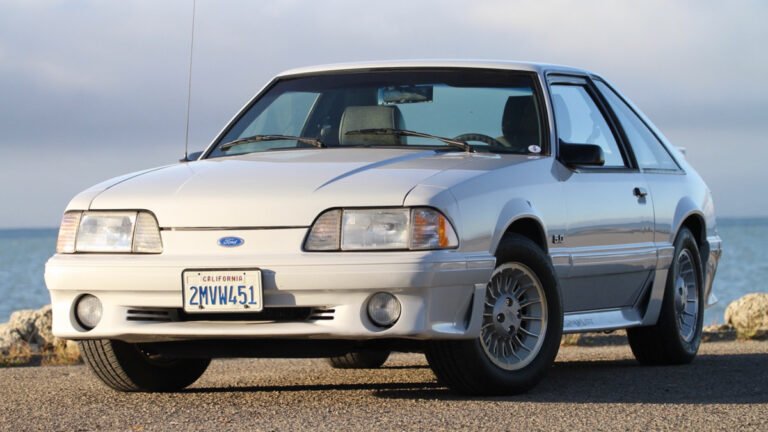Chinese tech firm DJI—the US market leader in ag spray drones—is appealing a court ruling* upholding the Department of Defense’s (DoD) characterization of the firm as a “Chinese military company.”
According to the National Defense Authorization Act, a Chinese military company is one that is directly or indirectly owned, controlled, or otherwise linked to the Chinese Communist Party; contributes to China’s “military-civil fusion industrial base,” and engages “in commercial, manufacturing, production, or export activities.”
Once the DoD determines that an entity meets the definition of Chinese military company, it places the company on the 1260H List, a list of companies it alleges are linked to China’s military-industrial complex.
While being added to the 1260H list doesn’t prevent firms from operating in the US, it effectively blocks them from securing federal contracts and can cause reputational damage.
In a complaint filed against the DoD last October, DJI said the designation had caused significant harm, and urged a court in the District of Columbia to rule on the matter. “As a result of the designation, which branded the company as a national security threat, DJI has suffered ongoing financial and reputational harm, including lost business, and DJI employees have been stigmatized and harassed.”
However, in a 49-page opinion filed last month, Judge Paul Friedman argued that the DoD had made its case, despite multiple flaws in its argument, noting that the Secretary of Defense has “broad discretion to decide to place [company] X on the list, while also deciding not to place [company] Y on the list.”
“At a minimum, placement on the [1260H] list stigmatizes the entity. More concretely, placement on the list prevents an entity from accessing certain covered support, which includes grants, contracts, loans and other programs, and prohibits DoD and the Department of Homeland Security from issuing contracts with the Chinese military company.” US District Judge Paul Friedman
According to the DoD, the fact that China’s National Development and Reform Commission (NDRC) recognized DJI as a National Enterprise Technology Center (NETC) means DJI should be added to the 1260H list because NDRC is part of the “the Chinese military industrial planning apparatus,” noted Friedman.
Similarly, as DJI drones can serve civilian and military purposes, the DoD argues that DJI contributes to China’s “defense industrial base.” Whether or not DJI’s policies prohibit military use is “irrelevant,” said Friedman. “That does not change the fact that DJI’s technology has both substantial theoretical and actual military application.”
‘DJI operates independently [and] has no government or military affiliation’
DJI head of global policy Adam Welsh said the ruling was “disappointing” given that “DJI operates independently [and] has no government or military affiliation.”
The fact that DJI holds NETC status does not make it a national security threat, added Welsh, who noted that this is “widely granted to companies with industry-leading technological innovation capabilities, including major US companies across food, apparel, automotive, and many other industries.”
Moreover, while DJI products have “substantial dual-use applications,” this is the case for “many commercial technologies that are available off-the-shelf and could be misused in military contexts,” he said. “Again, this does not indicate any Chinese military use of or affiliation with DJI products.”
Ag spray drone market disruption looms as deadline approaches for gov’t review of DJI models
The ruling is the latest in a series of setbacks for DJI, which has been fending off multiple attempts to restrict its US activities over the past couple of years as lawmakers have sought to characterize it as a national security threat.
Notably, if the US government does not review the security of DJI drones by the year end as required under the FY2025 defense spending bill, there is a risk that new DJI drones would be prevented from entering the US market altogether, says the firm. “Not because of any proven risk, but simply due to compressed timelines or politically motivated decisions.”
A clause in the bill requires an undefined “national security agency” to determine if Chinese drone makers DJI and Autel present a threat to US national security. If an agency does not report back by the end of this year, these firms will be added to the Federal Communication Commission’s (FCC’s) covered list of communications equipment and services “deemed to pose an unacceptable risk to the national security of the US.”
Being added to this list would prevent DJI and Autel from getting FCC licenses for future models and potentially lead to the revocation of existing FCC authorizations.
Welsh told AgFunderNews: “No action has been taken to fulfill the risk assessment mandated by the FY25 NDAA as far as we know. With discussions underway for the FY26 NDAA, we hope lawmakers will reconsider the timeline to enable a more thorough review—one that builds trust and constructively addresses concerns.”
The case is SZ DJI Technology Co Ltd et al v US Dept of Defense et al, case no. 1:24-cv-02970
Further reading:
Faster, further, longer: Can SiFly upend the ag spray drone market?
DJI report charts rapid rise in global adoption of ag spray drones
The post Drone maker DJI appeals court ruling: We’re not a ‘Chinese military company’ appeared first on AgFunderNews.




